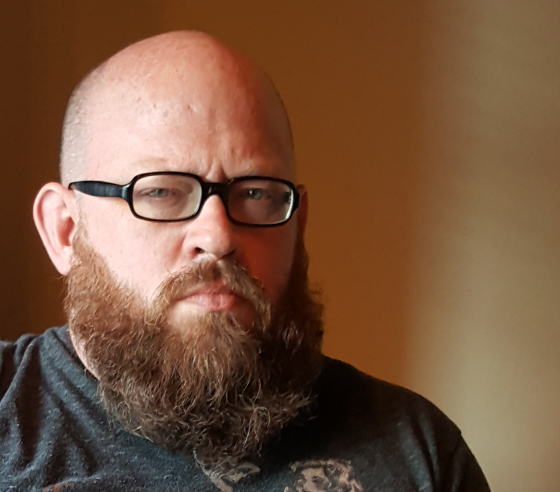
Inside/Out - From the President
Negotiating: When to compromise and when to draw a line in the sand
I don’t actually remember my first negotiation, but I’ve decided that it went something like this: I needed one last Star Wars trading card to complete my collection. It wasn’t even a great card — let’s say it was the Jawas — but maybe the picture on the back completed the second picture puzzle. And. I. Simply. Had. To. Have. It.
In this scenario, a classmate has a duplicate. I start out with a straight “onesie” trade offer. This hypothetical kid isn’t having it. He wants five of my doubles and two stickers. Unheard of. But he has me over a barrel. I give in, ensuring I only ever complete one set of Topps 1977 original Star Wars cards. And the next day, I get that same card in a new package. Twist ending!
But I bet I would have learned this valuable lesson about negotiating: Even when something seems like the only option, there’s always another one.
Because I know you all read every email blast and newsletter from the Guild, I don’t have to tell any of you that it’s currently preparing for a new round of bargaining with the CMPA (Canadian Media Producers Association).
For several months now, Executive Director Maureen Parker and our Guild staff have been working tirelessly to canvas the membership in a variety of ways: From writers’ room visits to membership meetings and consultation with Council. They’ve been compiling information and stats, thanks to member contracts and a recent survey. In short, our Guild is going full bore preparing for negotiations, while still maintaining their day-to-day responsibilities of managing our Independent Production Agreement (IPA). When do they sleep?! At night. That was a trick question.
What you may not realize is that this could shape up to be one of our biggest negotiations ever.
It’s the first time the Guild and the CMPA have sat down at the bargaining table in five years, having mutually agreed during the last round to hold off bargaining while we waited for a response to our CRTC petition to keep up PNI spends by private broadcasters at historic levels. (We won! And we’ll always be grateful to then Minister Mélanie Joly for that great victory.)
The expectation was that we would resume negotiations when there was a little more stability and certainty for our industry. Oops.
We are currently in the midst of one of the entertainment industry’s greatest-ever upheavals — or “disruptions,” as the kids call it. Technology, social justice and Federal leadership are all major factors in reshaping the Canadian — and global — entertainment industry. Every player — writer, director, actor, crewmember and producer — is trying to define their place.
Sometimes our interests align. Sometimes they diverge. This is why the IPA is the cornerstone document of our Guild. It establishes our place in this industry and confirms our great worth to the process of creating entertainment.
And this is why the Guild goes to the lengths it does to nurture it through these ongoing cycles of negotiation. Because negotiating isn’t solely about protecting the IPA, it’s about facilitating its evolution. The IPA is a living, breathing document that must change to reflect the change in our industry.
It’s easy — maybe too easy — to treat these negotiations as an antagonistic process. After all, we’re storytellers. We know the anecdote about the worst negotiation we ever engaged in is infinitely more entertaining than the one about the even-keeled conversation where both sides respected each other’s stance, and listened to what they had to say, before making a counterproposal. But as my father never said, “If you walk into a room expecting a fight, you’re partially responsible for ensuring that there is a fight.”
That’s why — when it comes to any negotiation — there are two things I like to keep in mind. One: The people on the opposite side of the table aren’t against you, they’re for themselves. And two: A negotiation isn’t complete until both sides are unhappy.
I believe in the importance of compromise. And I believe in the importance of listening. But I also believe that there are hills we do have to die on, and lines in the sand that we do have to draw. And that’s when someone tries to treat our IPA with less than the respect it deserves. Because, at the end of the day, the IPA is us.
— Dennis Heaton